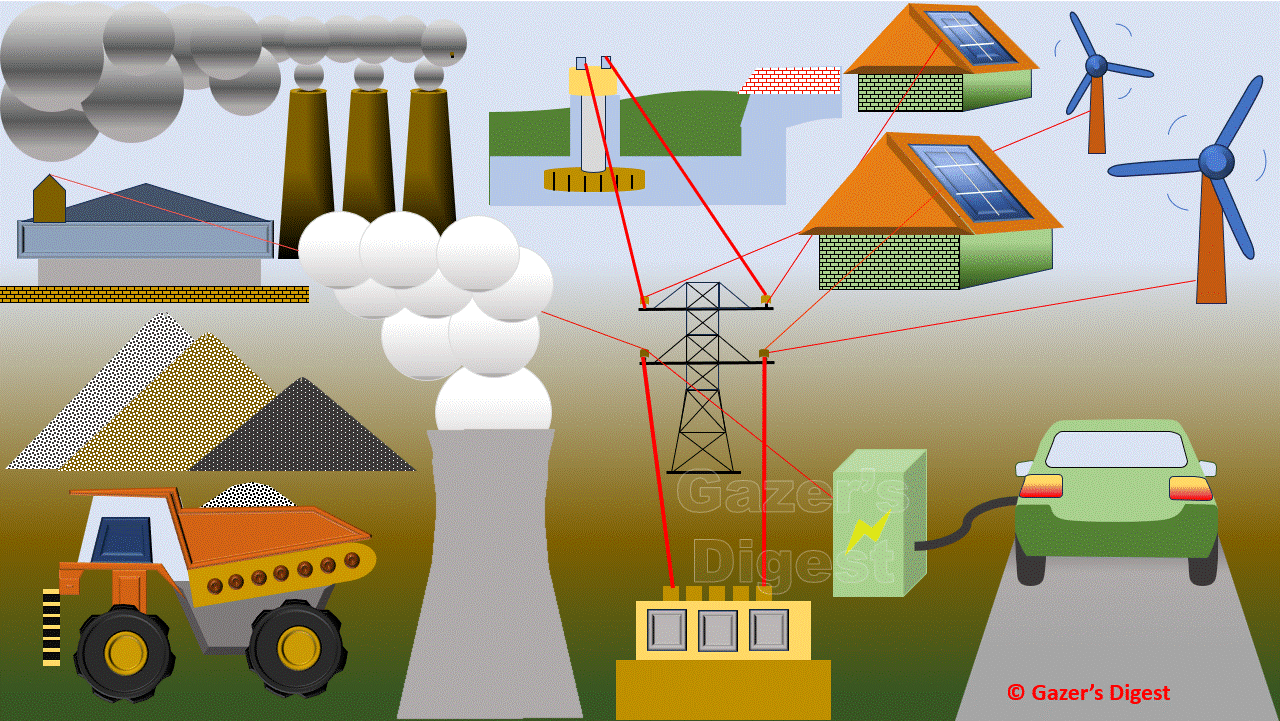HOW EVs ARE IMPACTING THE CLIMATE
July 28, 2024

Fully electric vehicles (EVs)’ “zero emissions” claim is not entirely true. They may not have tailpipe emissions. However, manufacturing processes emit greenhouse gases—such as carbon dioxide (CO2). Some emissions are created in the process of charging the vehicles as well.
“We shouldn't claim victory that with this switch to electric cars, problem solved, we are going to have zero emissions,” he says. “No, that's not the case. But electric cars are actually much, much better in terms of the impact on the climate in comparison to internal combustion vehicles. And in time, that comparative advantage of electric cars is going to grow.” - Sergey Paltsev1
Modern EV batteries use minerals—such as lithium, cobalt, and nickel. Fossil fuels are required for mining and heating the materials.
Compared to building a similar gas-powered car, around 80% more emissions are created in the process of building a new EV.
Also, Emissions are generated where the EV is driven. The amount of greenhouse gases that your EV releases depends on the kind of energy used to charge the batteries.
Paltsev says, that if electric vehicles had a shorter lifespan than gas cars, they would have fewer low-emissions miles on the road to make up for the carbon-intensive manufacture of their batteries.
References:
- Deputy Director of the MIT
